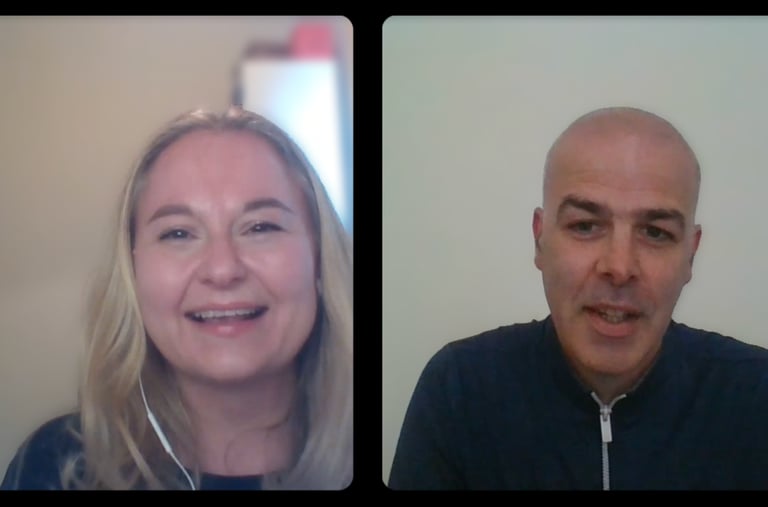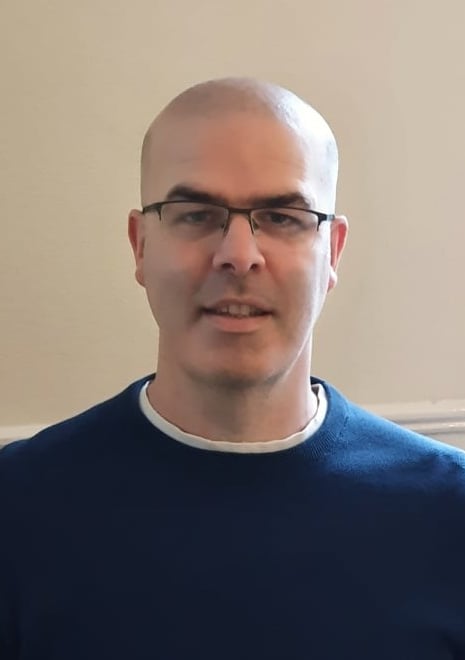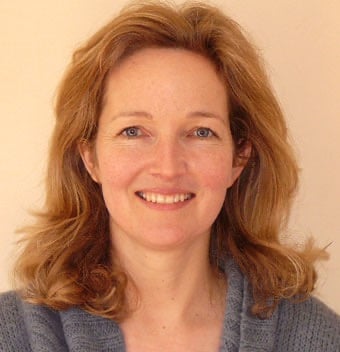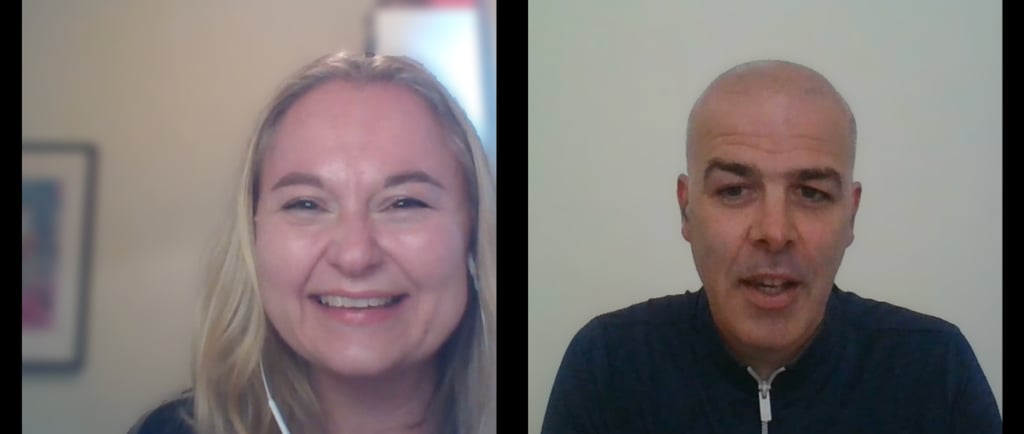
Episode 7: Autism & Sensory Processing
Season One: Summer 2025
Listen to the episode


Hannah and Conor Mc Donagh talk about the power of screening in relation to supporting occupational therapy assessments in schools. They also consider the challenges of accurately identifying autism from trauma and sensory processing difficulties, and reflect upon the growth of neurodiversity self-identification from social media.






About Conor...
Conor Mc Donagh is a Specialist Occupational Therapist and an Advanced Sensory Integration Practitioner. He is a registered member of the Royal College of Occupational Therapist, The Sensory integration Network (where he offers mentorship) and is HCPC registered.
Conor's career in care started over 20 years ago in Ireland where he worked with behaviours that challenge, Autism and Learning Disabilities, before he moved to England to pursue a Degree in Occupational Therapist. Since qualifying as an Occupational Therapist, Conor started to complete Autism assessments at home, in schools and in hospitals across the UK. Subsequently he qualified as an Advanced Sensory Integration Practitioner in Ayres Sensory Integration and trained to assess Dyspraxia. He completed further training in sensory issues relating to feeding difficulties, sleep issues and ADHD from the Sensory Integration Network.

Subscribe to the NCIMNCMO monthly newsletter and download the free Get Started files straight away!
By submitting, I am agreeing to the Terms of Use and Privacy Policy.
Listen to more episodes like this...






Dr Ben Sinclair
on pioneering approaches with chronic health conditions
Dr Simon Pini
on supporting health conditions in schools
Katrina Turnbill
on visual stress and its impact on pupils
© 2025. All rights reserved.
Subscribe to the NCIMNCMO community & access the free Get Started files today!
By submitting, I am agreeing to the Terms of Use and Privacy Policy.
All advice on this website, including links to external websites, is provided in good faith to help and support you in developing an effective screening process in your setting. It is not intended as a complete substitute for specialist advice for an individual so we encourage you to seek expert guidance if you are concerned about a child or young person. For more information, please read our full Disclaimer here.




